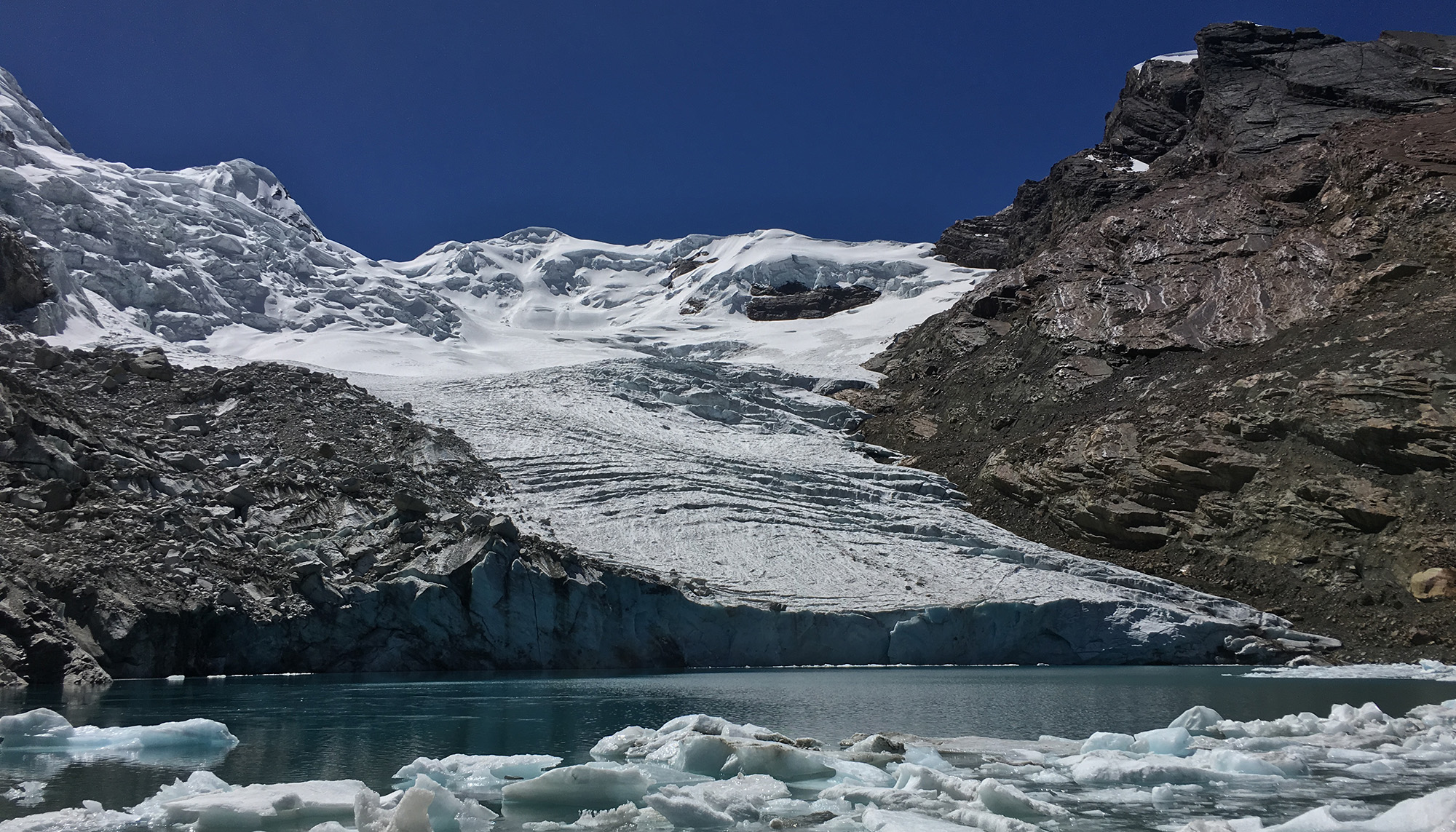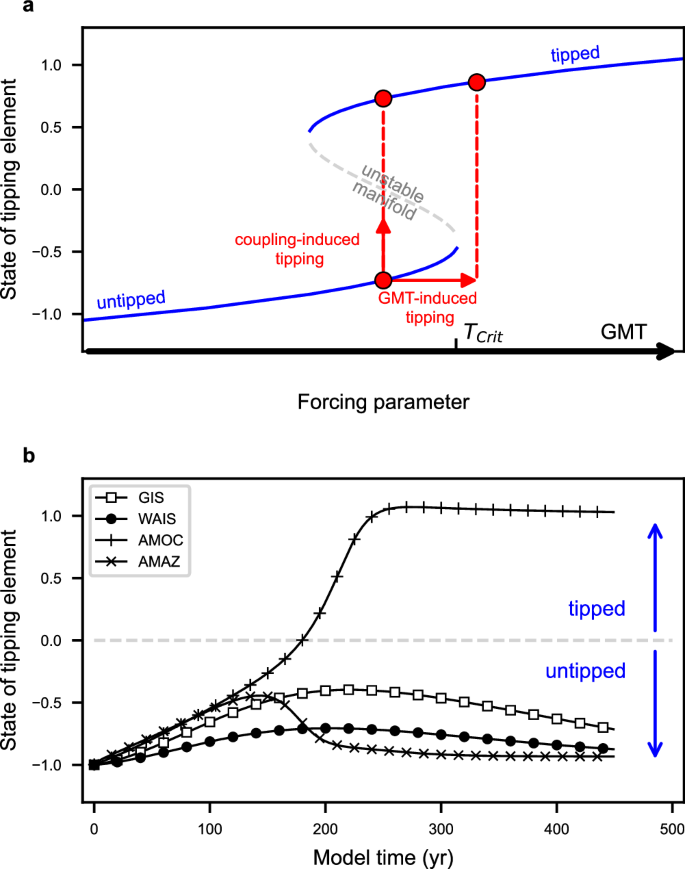2024-08-01 カリフォルニア大学バークレー校(UCB)

Queshque Glacier in the Peruvian Andes.
Emilio Mateo, Aspen Global Change Institute
◆研究チームは、最近露出した岩盤の化学組成を測定し、氷河がどれほど小さくなっているかを調査しました。その結果、これらの氷河は現在の温暖化が前例のない速さで進行していることを示しています。この研究は、世界中の他の氷河も予測以上に急速に後退している可能性が高いことを示唆しています。
<関連情報>
- https://news.berkeley.edu/2024/08/01/size-of-tropical-glaciers-at-lowest-point-in-at-least-11000-years/
- https://www.science.org/doi/10.1126/science.adg7546
最近の熱帯アンデス氷河の後退は完新世では前例がない Recent tropical Andean glacier retreat is unprecedented in the Holocene
Andrew L. Gorin, Jeremy D. Shakun, Andrew G. Jones, Tori M. Kennedy, […], and Marc W. Caffee
Science Published:1 Aug 2024
DOI:https://doi.org/10.1126/science.adg7546
Editor’s summary
Tropical glaciers, which are particularly vulnerable to climate warming, have retreated rapidly over recent decades, but how large they are now compared with during the rest of the Holocene is unclear. Gorin et al. report measurements of cosmogenic nuclides in recently exposed bedrock at the margin of glaciers in the tropical Andes showing that these locations remained covered by ice throughout the Holocene, implying that these glaciers, at least, are smaller now than they have been in at least 11,700 years. These findings are a dramatic reminder of just how perilous the state of tropical glaciers is in our warming world. —Jesse Smith
Abstract
Tropical glaciers have retreated over recent decades, but whether the magnitude of this retreat exceeds the bounds of Holocene fluctuations is unclear. We measured cosmogenic beryllium-10 and carbon-14 concentrations in recently exposed bedrock at the margin of four glaciers spanning the tropical Andes to reconstruct their past extents relative to today. Nuclide concentrations are near zero in almost all samples, suggesting that these locations were never exposed during the Holocene. Our data imply that many glaciers in the tropics are probably now smaller than they have been in at least 11,700 years, making the tropics the first large region where this milestone has been documented.



